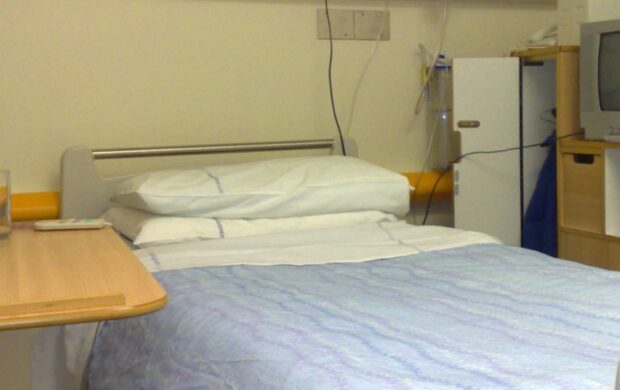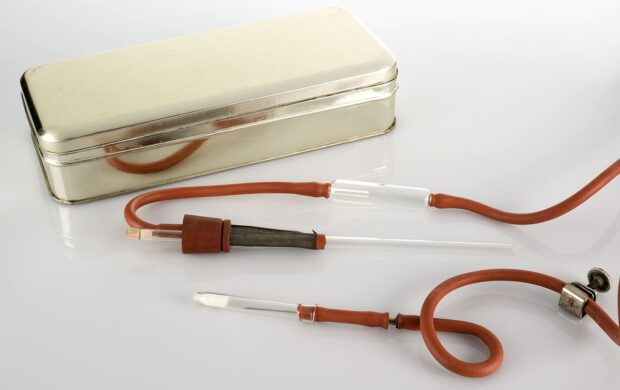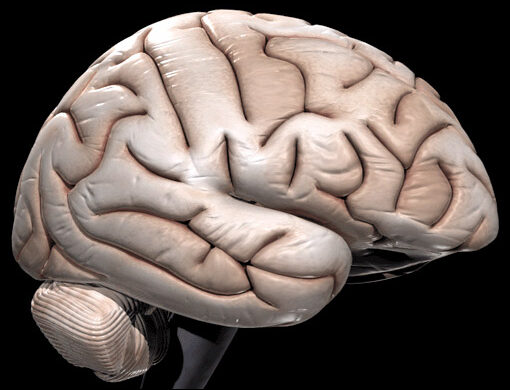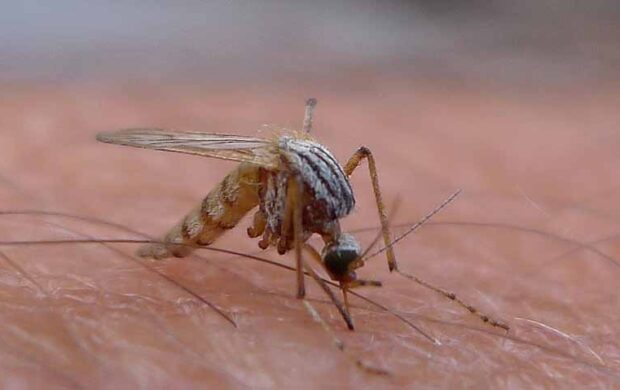A new method for gene editing, called prime editing, offers greater control over modifications and could be safer for use in humans than the widely popular CRISPR-Cas9 system.
CRISPR systems have revolutionised gene editing since their applications were realised in 2012. So much so, the CRISPR-Cas9 system (one of the most often used systems) has been used in research on human embryos since 2015 and the world’s first CRISPR-modified babies were born in 2018. However, the CRISPR-Cas9 system is less effective in certain regions of the genome, is error-prone, and often results in unintended, or ‘off-target’, effects (where other areas of the genome are modified). For example, the modifications were only partially successful in the CRISPR-edited babies.
The latest advance, published in Nature on the 21st October, uses an adapted CRISPR-Cas9 system to bypass these limitations. The lead author of the study, David Liu, estimates that prime editing could help tackle almost 90% of the 75,000 known disease-associated DNA variants listed in the public database ClinVar. Prime editing, therefore, opens up a wealth of previously intractible genetic manipulations.















